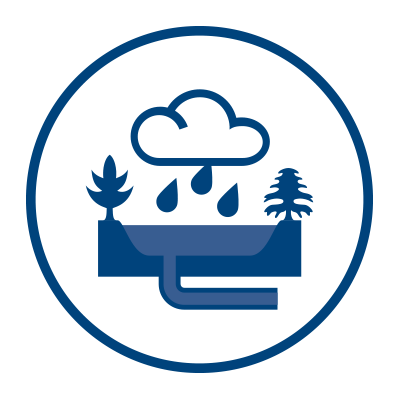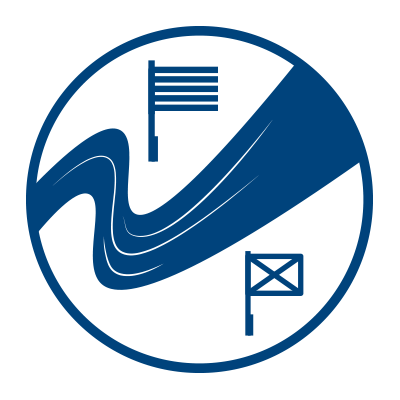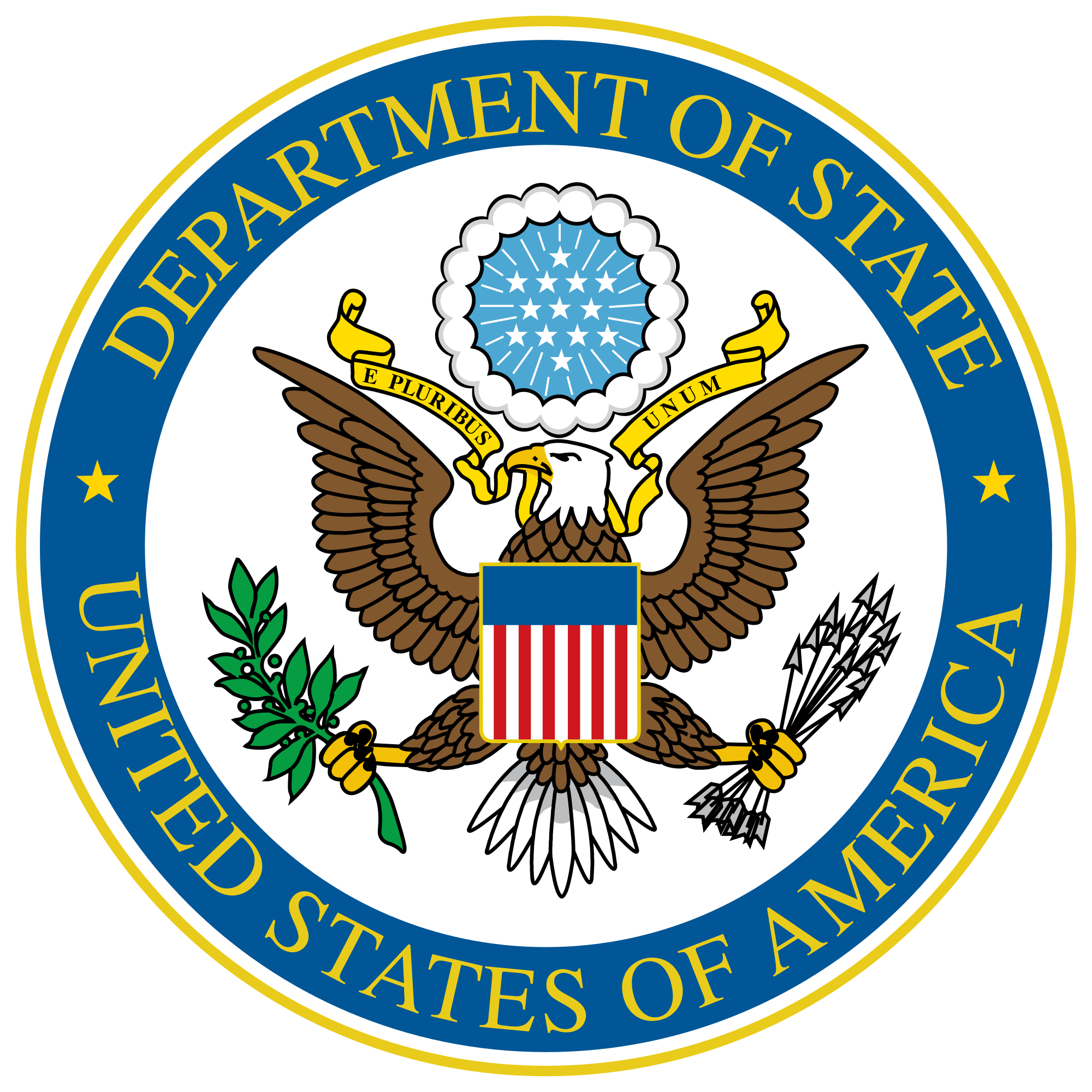Teaming Up to Improve Efficiency of Water Use for Crop Production
The Story
The Middle East Regional Irrigation Management Information System (MERIMIS) project is a quadrilateral effort to help farmers better manage scarce water resources. Started in 2003, MERIMIS involves the U.S. Department of Agriculture and government agencies and NGOs from Jordan, Israel, and the Palestinian Authority.
In October 2018, MERIMIS hosted a Workshop on Sustainable High Value Crop Production at the Dead Sea in Jordan. Thirty workshop participants from Jordan, Israel, and the West Bank gathered to learn the latest techniques in efficient water and nutrient management to boost high value crop production while conserving water and minimizing pollution. Participants included agricultural scientists, extension agents, and farmers/producers, and included women working as scientists, extension agents, and in the private sector. This was the latest effort in the 15-year quadrilateral campaign to improve agricultural water-use efficiency and water resource protection in the Middle East and the U.S.
The MERIMIS project has combined research with collaborating directly with farmers to improve irrigation methods and management for a variety of high-value crops, including almond, olive, onion, sweet corn, cucumber, potato, and tomato. A weather station network comprised of 21 stations in Jordan, the West Bank, and Israel was one of the MERIMIS project’s earliest accomplishments, and the weather data are routinely used to inform irrigation management and the timing of crop freeze protection in the Jordan Valley.
The project has also collaborated with the U.S. Geological Survey to host workshops, such as the 2017’s “Nutrient Use Efficiency Under Modern Irrigated Cultivation,” which aimed to encourage water users and government hydrologists to safeguard the region’s vulnerable groundwater resources. The workshops drew participants from the Regional Water Data Banks Executive Action Team partner institutions as well as from allied organizations in the agricultural sector, which is the largest user of water in the region. Participants included 23 women, 18 of them from the private sector in the West Bank. The workshops have resulted in improved designs for drip irrigation using treated waste waters, most notably in the West Bank. Other collaborators have included the International Centre for Fertilizer and Plant Protection, the Norwegian Ministry of Foreign Affairs, the Agricultural Research Organization of Israel, and the Jordanian National Agricultural Research Centre.
These are just two examples of the more than 15 workshops and trainings hosted by MERIMIS since 2003. The workshops and trainings were based on research results from irrigation management experiments and weather station network and crop water use measurements that were established by the project. Since 2003, there has been parallel cooperation between USDA ARS, U.S. Forest Service (USFS), U.S. Department of State, USAID, and the Government of Jordan with regard to watershed management in Jordan. Early efforts focused on the Qairawan watershed (Jerash), but more recent efforts have centered on the International Center for Agricultural Research in the Dry Areas’ (ICARDA) benchmark watershed near Amman, Jordan. USDA ARS-designed water conservation structures and soil water sensing systems are being used by local project partners in a successful test case showing how watershed improvement efforts can result in increased water capture and plant growth. USDA ARS will also lead a May 2019 workshop in cooperation with USFS, ICARDA, and the Government of Jordan to train more local team members in these techniques as the USFS/USAID-sponsored Watershed and Development Initiative project begins to implement the methods in additional watersheds.
Find More
Strategic Objective(S)
 Water Resources Management
Water Resources Management
 Governance and Financing
Governance and Financing
 Cooperation on Shared Waters
Cooperation on Shared Waters




Highlight